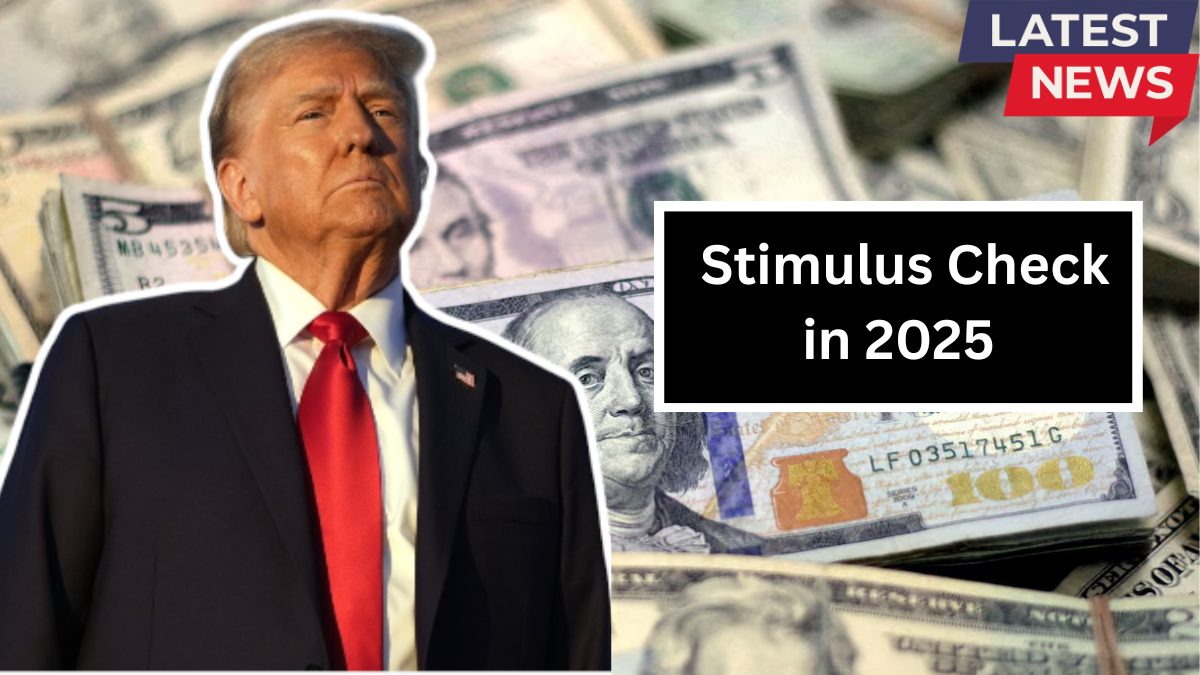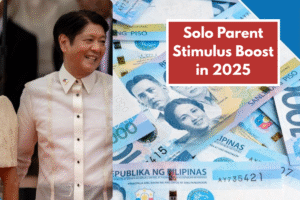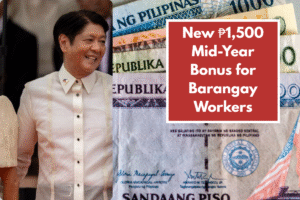Millions of families in the U.S. are still facing money troubles with rising prices for food, fuel, and rent. That’s why news about stimulus checks in 2025 can bring real hope. Whether it’s $850, $1,200, or even $1,750, these payments are designed to give relief to those who need it most. Let’s break it down in simple and clear language.
What Are 2025 Stimulus Checks?
Stimulus checks in 2025 come in different forms:
- Federal IRS payments like the Recovery Rebate Credit (up to $1,400 for missed money from the 2021 plan).
- State relief checks—some states are giving out $1,750 payments to residents facing financial stress.
- Local payments—cities or counties may send $500–$1,000 checks to low-income families or those hit hardest.
All these checks are about one thing: giving real, fast help when people need it most.
Who Qualifies for These Payments?
Qualification depends on the source of the check:
IRS Recovery Rebate Credit ($1,400)
- Filed 2021 taxes and missed stimulus payments
- Income limits for single or married filers
- Automatic if you filed, or file by April 15, 2025
State/Federal Combined Payments ($1,750)
- Live in a state offering the plan
- Meet residency and income rules
- File taxes correctly
Local Checks ($500–$1,000)
- Live in a participating city or county
- Low-income families, renters, seniors, or artists
- Apply through local programs

When Will These Checks Arrive?
Here’s the timeline you can expect:
| Program | Timeframe |
|---|---|
| IRS $1,400 Check | Jan–Feb 2025 (after filing) |
| State $1,750 Payments | Spring–Summer 2025 |
| Local $500–$1,000 Checks | Spring through Summer 2025 |
Receiving method—like bank deposit or paper check—affects timing. Direct deposit is fastest.
How to Make Sure You Get Yours
- File any missing tax returns by deadlines.
- Check state and local websites for relief programs.
- Apply early, and follow instructions carefully.
- Choose direct deposit—it’s quicker and safer.
- Track payments via IRS tools or state payment websites.
Why These Payments Matter
Even a small check can lift a heavy burden:
- Cover a week of groceries
- Pay part of your rent
- Keep utilities running
- Help kids with school supplies
These payments are about more than money—they show you’re not alone, and that help is possible when life gets hard.
In 2025, the mix of IRS, state, and local stimulus checks offers a real chance to ease money worries. These payments—ranging from $500 to $1,750 or even $1,400—are timed to meet urgent needs. To get them, make sure you file tax returns, apply properly, and track your payment. With the right steps, these checks could bring much-needed peace during tough times.
FAQs
- Who gets a check?
- IRS filers, state and local residents who meet income/residency rules.
- How much can I get?
- Anywhere from $500 to $1,750 (plus possible $1,400 IRS credit).
- When will it arrive?
- Between January and summer 2025, depending on the program.
- Do I need to apply?
- IRS is automatic; states/local may require sign-up.
- What should I do now?
- File taxes, check websites, apply, and track your payment.




